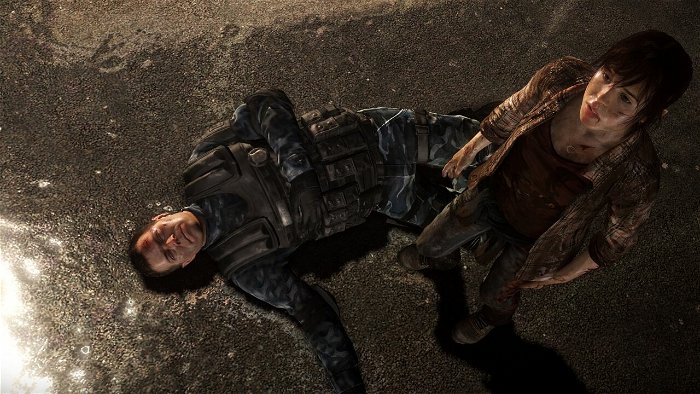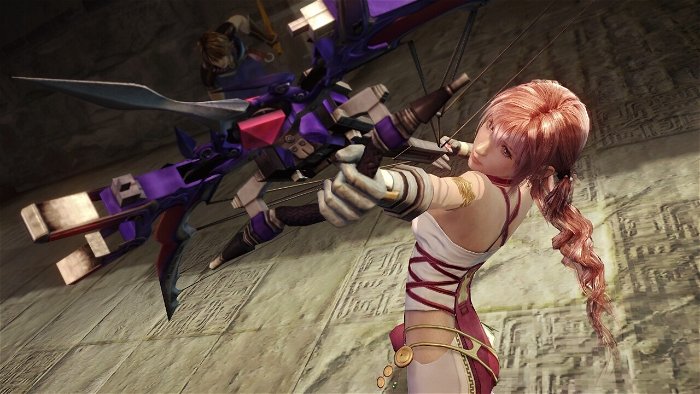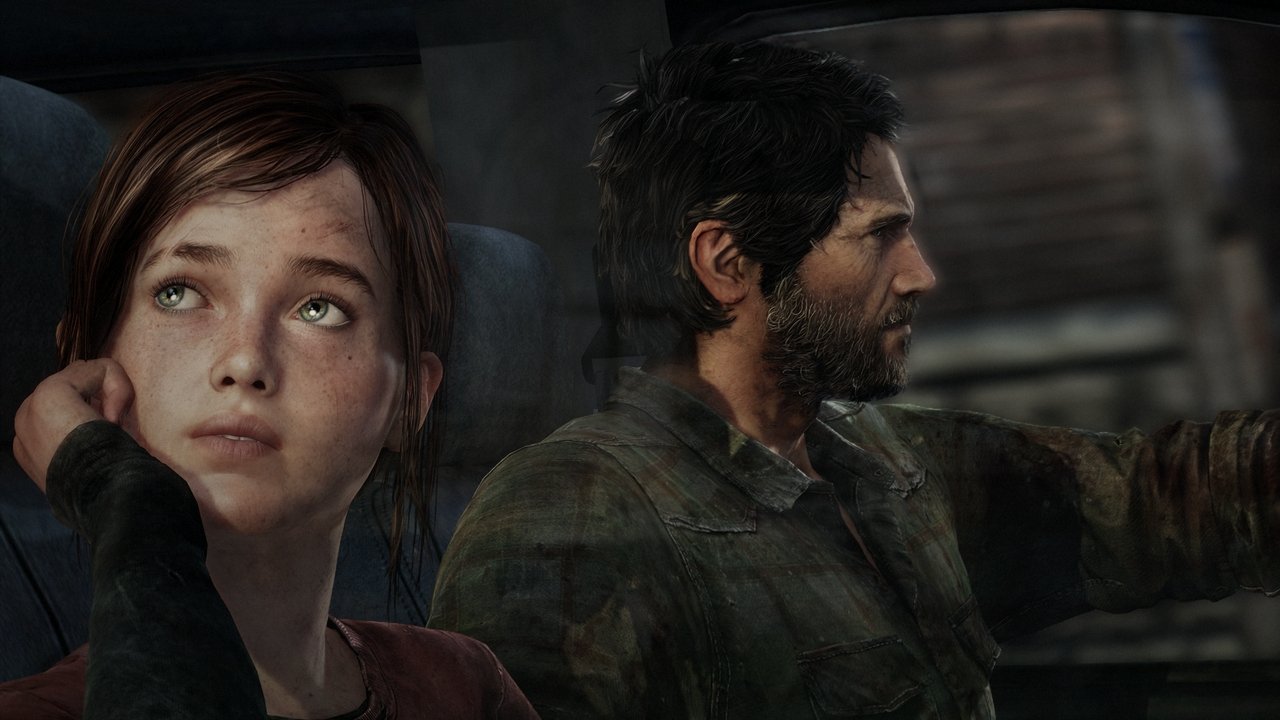This latest console generation has established a few new “rules” that are going to have a profound impact on the next generation. These rules are simple to follow, but depressing in their implications. The first rule is, “AAA games are now ridiculously expensive to produce, with budgets in the tens millions of dollars and production times of anywhere between three and seven years.” The next rule is, “Gamers have decided that $60 is pretty expensive for a game, and are being much choosier about the games they buy.” The last rule is “Anything that scores below an 80 on Metacritic is trash and a waste of your money.”
Take these three factors, combine them together and the final accounting at the end of the equation is “Fewer and fewer original titles will release on consoles because they are just not worth the risk in today’s market.”
In other words, quite logically, the publishers are hoping that because people know and like these intellectual properties, they will be less hesitant about putting some money down to buy the associated game. For a quick example of how this is already coming into play for gamers, look at the list of titles coming out in 2012 for consoles that aren’t sequels or reboots of existing franchises. What do we have? Ni No Kuni: Wrath of the White Witch is one of the few original titles with a confirmed release date next year.

There are other titles, like Beyond: Two Souls, The Last of Us, and Watch Dogs but for every game that tries to stand apart from a franchise, there are a half-dozen that don’t. Doom, Castlevania, Final Fantasy and, of course, Call of Duty are just a few of the many established series that will be releasing new games next year. Other new games, like Southpark: The Stick of Truth or Shadowrun Returns are banking on the brand power of an established intellectual property that people are already familiar with.
In other words, quite logically, the publishers are hoping that because people know and like these intellectual properties, they will be less hesitant about putting some money down to buy the associated game. A new IP on the other hand, is an unknown quantity, and while all games—even long running franchises—started out as unknown titles at one point, that was at a time when experimentation on consoles was much less risky.
We now live in an era when one game, just ONE, can destroy an entire company’s fortunes. We saw that at the beginning of the generation when Factor 5 went under after they took a chance on Lair and the PS3 exclusive ended up tanking. We saw it again earlier this year, when the multiplatform action-RPG Kingdoms of Amalur: Reckoning brought 38 Studios to its knees. Because top tier console games now take so long and cost so much money to make, the amount of copies they need to sell is also unnaturally high. These are companies, not a conglomeration of hobbyists working during their spare time.

The people that program, draw, write and compose for these games are all on salaries or contracts, some of them with families to support. In order for them to maintain their lives they need the company to remain profitable, and in order for the companies to stay profitable they have to decide which products will make them the most money on a regular basis.
This brings us to the era of Maddens and Call of Dutys that we have today. There’s only one thing that keeps hardcore gamers from being able to stand on the moral high ground and bemoan the state of the industry, free from guilt. We contribute to this problem as well.
Activision would not be releasing a new COD every year if millions of people weren’t buying it. Not all of those millions of people are casual or mainstream gamers. I myself am guilty of buying Final Fantasy XIII-2 in the hopes it would redeem the franchise. I’ll probably do it again with FFXIII-3. And no matter how much it might rankle against the principles I’m arguing about above, I’m still excited about Borderlands 2 and the XCOM reboot and will be adding both to my collection.

If we, as an audience, are getting tired of seeing too many sequels, we’re at least partially to blame by supporting the market. It is possible to vote with your dollars. Activision finally shelved Guitar Hero and Tony Hawk Pro Skater when it became clear the market had grown tired of those franchises. But there are just as many franchises, such as God of War or Halo that seem to have no end in sight, despite the fact that the stories these properties set out to tell has already been told.
There’s still some hope for consoles. The downloadable market is now a reliable source for originality, with games like Journey and Limbo regularly popping up on their respective online stores. And even now, big companies like Sony are still willing to gamble on the occasional new game such as the eternally-in-development The Last Guardian. But the days when release schedules were filled to the brim with new characters and properties are long gone. There’s just too much money at stake for that kind of experimental environment on a more comprehensive scale.




